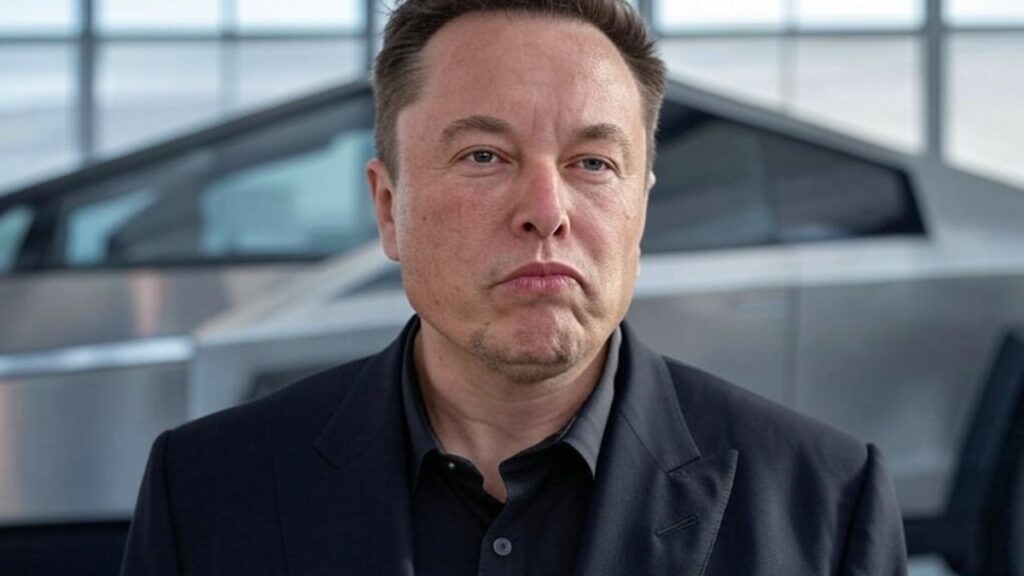In the aftermath of the pandemic, the shift to remote work was largely welcomed by employees, yet it introduced a range of unforeseen challenges for businesses. As companies adjusted to this new landscape, some executives started to vocalize a desire for a return to office life. Recently, remarks from one CEO, accompanied by the extreme measures taken by an employee to comply, have ignited significant debate.
A CEO’s Call to Return to the Office
James Clark, the CEO of Clearlink, a digital marketing firm based in Utah, recently urged his staff to return to the office. His message left little room for interpretation: he claimed that remote work had led to disengagement among employees, with some reportedly not even opening their laptops for an entire month. In an effort to rally his team, Clark described what he perceived as true dedication to the company—characterised by sweat, tears, and sacrifice.
During his address, Clark revealed a striking example of commitment: an employee who had sold their family dog to meet the demands of returning to an office environment. This revelation served as a stark illustration of personal sacrifice prioritised above everything else, as Clark expressed a degree of sympathy while emphasizing the need for such extreme devotion.
The Controversial Message
The internet’s response to the CEO’s comments was swift and unforgiving. The story of an employee selling a family pet to align with corporate expectations struck many as excessive, raising eyebrows even among those who favour ambition in the workplace. What was intended as a motivational address spiralled into a public relations debacle. Clark’s remarks regarding sacrifice and work-life balance were perceived as tone-deaf, especially by those who believe he misjudged the struggles of the modern workforce.
Clark also touched on the challenges faced by working mothers during the pandemic, pondering how they could effectively balance their caregiving roles with their professional obligations. However, these remarks were muddied by the context of his speech, further complicating his message and inflaming criticism.
The Fallout: Public Reactions and Social Media Drama
The backlash gained traction across platforms like Reddit and YouTube, where users shared and deconstructed the CEO’s address. The notion that personal sacrifices—such as selling a pet—were indicative of commitment to the company was met with widespread derision. Although the company attempted to mitigate the fallout by issuing a copyright claim that resulted in the removal of the original video, copies continued to circulate, ensuring the controversy remained alive in public discourse.
This incident highlights the precarious tightrope that executives must navigate between driving performance and demonstrating empathy towards their employees’ personal circumstances. Clark’s attempts to inspire through his comments ultimately alienated many, who viewed his stance as disconnected from the realities of achieving a balanced work-life dynamic.
A Larger Conversation About Work, Sacrifice, and Humanity
At the core of this situation lies a broader discussion about how businesses prioritise employee well-being, particularly in this new era where remote work is ingrained in so many workplaces. While Clark’s call for dedication may have stemmed from positive intentions, it serves as a sobering reminder that leaders should be wary of demanding sacrifices from their teams that they would not personally endorse.
The narrative here transcends the tale of a dog or the potentially misguided sacrifice of an employee. It’s about how organisations are grappling with the complexities of a post-pandemic workforce while striving to balance productivity with genuine compassion. As the situation continues to unfold, it’s clear that leaders like Clark must reconsider their strategies if they aim to cultivate loyalty without jeopardising the well-being of their workforce.







